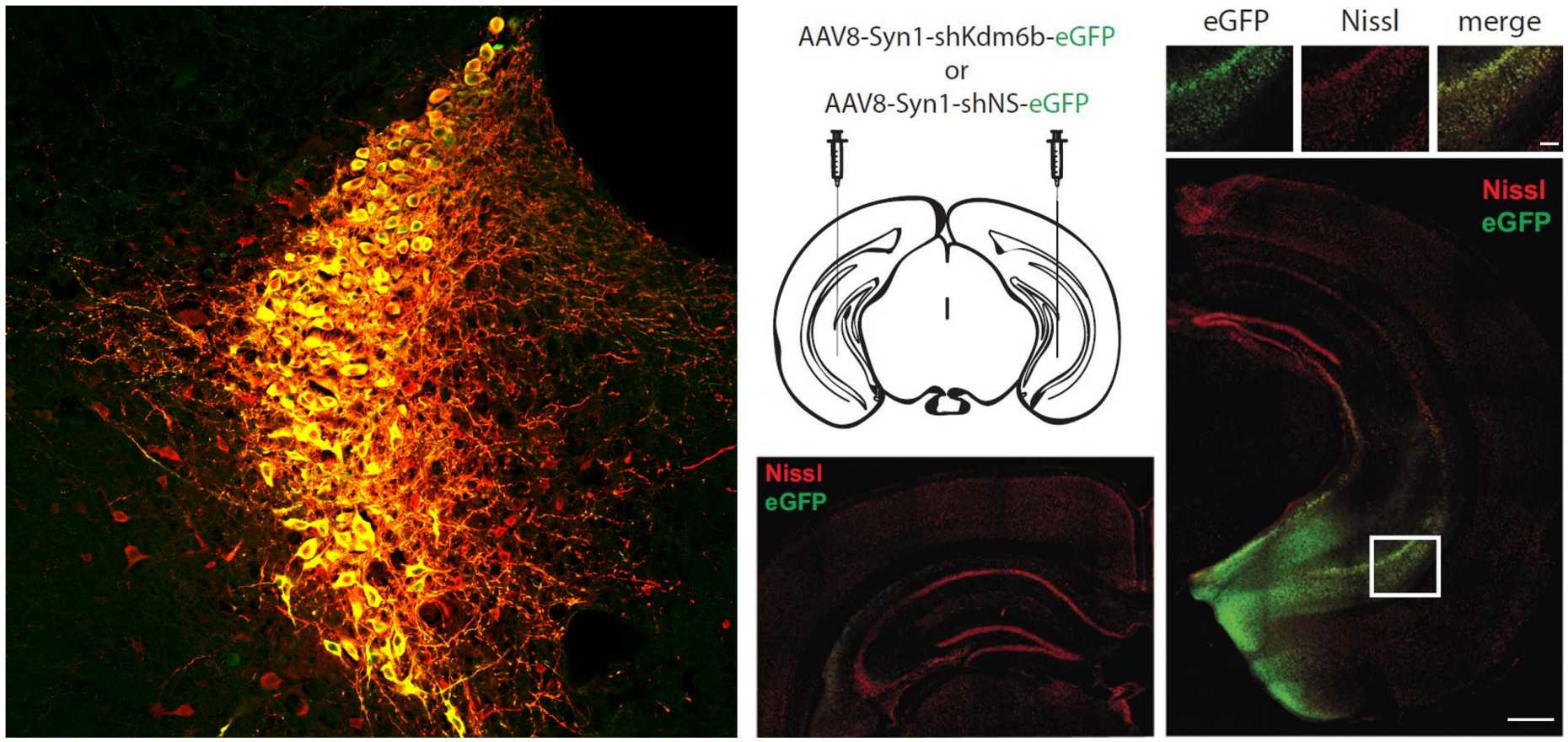Research

When we suddenly face an acutely stressful situation, the stress response instantaneously and dramatically changes the function of our brain and our entire body. This ensures survival and optimal performance under demanding circumstances. As many stressors threaten our physical and emotional well-being every day, we are interested in how organisms can maintain a healthy stress response. To approach this question, we first need to develop a good understanding of the changes that normally occur in response to stress. To this end, we interrogate the dynamic molecular response to an acute stress challenge using modern multiomic techniques in mice, across cell types, in different cellular compartments, and across molecular scales (from chromatin to RNAs to proteins). One of the key drivers of the stress response is the neuromodulator and hormone noradrenaline. Therefore, much of our work focuses on the locus coeruleus, a brainstem nucleus that produces noradrenaline and releases it into the entire brain in response to stressful stimuli. We use modern circuit neuroscience tools, like optogenetics and photometry, to dissect the noradrenergic stress circuitry. Ultimately, to understand healthy and pathological stress coping, we study the impact of stress and noradrenaline on behavior. To this end, we develop novel tools to achieve and automate comprehensive behavioral phenotyping in mice, with a focus on stress-induced changes in emotional state and cognitive function.
